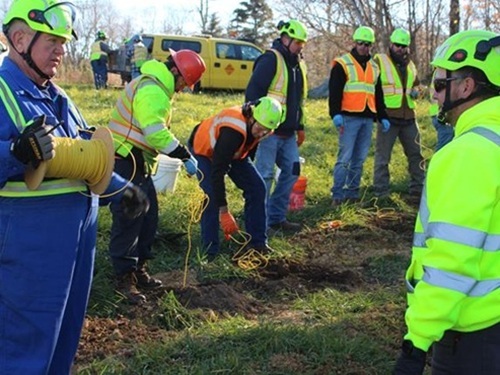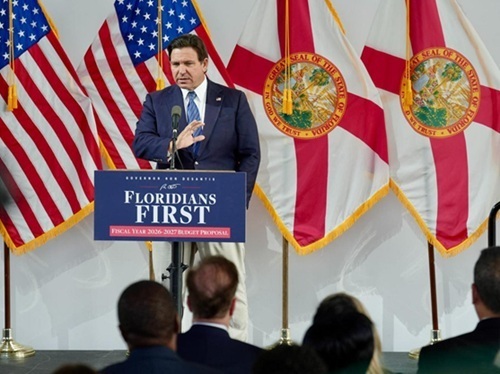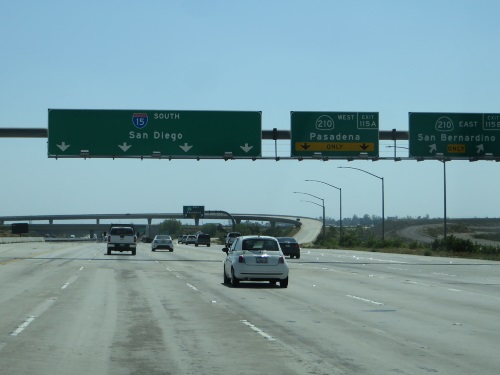The California Air Resources Board approved a $533 million plan on October 24 to fund clean car rebates, zero-emission transit and school buses, clean trucks, and other innovative, clean transportation and mobility pilot projects.
[Above photo by Ken Lund.]
The Fiscal Year 2019-2020 funding plan for clean transportation incentives – funded via $485 million gained from cap-and-trade auction proceeds and $48 million from the state’s Air Quality Improvement Program – is part of California’s comprehensive strategy for improving air quality and reducing greenhouse gas emissions in the transportation sector, CARB Chair Mary Nichols said in a statement; emissions that continue to rise, according to a 2018 report by the agency.

“California is backing up our tough vehicle pollution regulations with money to help individuals and businesses access the newest, cleanest technologies,” she added. “It will take a mix of incentives and mandates to meet public health and climate goals.”
The agency noted that, building on previous years, the FY 2019-2020 plan continues to prioritize “environmental justice” by addressing specific community needs and increasing awareness of, and access to, cleaner transportation and mobility options in disadvantaged and low-income communities. The plan also continues investments in heavy-duty zero-emission demonstration and pilot projects in the freight sector, helping to spur innovations to help meet California’s clean air and climate goals.
Highlights of the FY 2019-2020 Plan include:
- $238 million for the Clean Vehicle Rebate Project, with a stipulation that $25 million be used to fund increased rebates for low-income consumers. CVRP promotes clean-vehicle adoption by offering rebates for the purchase or lease of new, eligible zero-emission vehicles, including electric, plug-in hybrid electric, and fuel cell vehicles.
- $182 million for clean trucks, buses and off-road freight equipment, including $142 million for the Hybrid and Zero-Emission Truck and Bus Voucher Incentive Project and $40 million for advanced technology demonstration and pilot projects in the heavy-duty sector.
- $65 million for clean transportation equity projects to “continue efforts to increase access to clean transportation and mobility options benefiting low-income communities and households,” including incentives for lower-income drivers to scrap and replace older high-polluting cars with zero- or near-zero-emission cars, along with school bus replacements.
- $48 million in air quality improvement funding to clean up heavy-duty truck emissions. Demand is expected to rise as a result of a new law that will only allow trucks that are compliant with California’s truck and bus regulations to be registered by the Department of Motor Vehicles.
Over the past six years, CARB said California’s legislature has appropriated more than $2.2 billion for low-carbon transportation projects from the state’s cap-and-trade program; an “essential element” in the state’s transition to a low-carbon economy and meeting 2030 GHG emissions reductions targets of 40 percent below 1990 levels.
 States
States
NCDOT Staff Participate in ‘Explosive’ Technical Training
December 19, 2025 States
States

